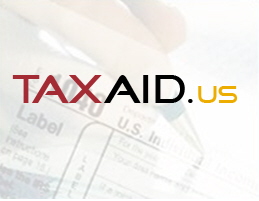

| Tax Services | |||||||
|
|||||||
| Offshore Compliance | |||||||
| TAXAID.us | |||||||
| Great Results | |||||||
| Taxaid Blog | |||||||
| Contact Us | |||||||
|
|
|||||||
|
|
|||||||

|
Call Toll Free 24/7
888-8TAXAID
|
||||||
|
|||||||
 |
|||||||
Tax LevyLevies are used to seize your wages (commonly referred as garnishment) and whatever other assets you have: Checking accounts, savings accounts, autos, stocks, bonds or anything else that you own. Levies are different from liens. A lien is a claim used as security for the tax debt, while A LEVY ACTUALLY TAKES THE PROPERTY to satisfy the tax debt. Not only can the IRS seize and sell assets that you hold, the IRS can levy property that is yours, but held by someone else including your:
Before the IRS can take any of these actions, the IRS must issue a "Final Notice of Intent To Levy and Notice of Your Right To a Hearing" to the taxpayer, allowing up to 30 days from the date of the Final Notice to pay in full or to find another solution. If the IRS levies your state tax refund, you would receive a "Notice of Levy on Your State Tax Refund, Notice of Your Right to Hearing." Ignoring these notices will only MAKE MATTERS WORSE. TAXAID.us can analyze your situation SECURE A TEMPORARY FREEZE on further collection activity, providing us with sufficient time to analyze your situation and determine the best course of action. Once the 30 days have passed, the IRS does not have to give any further notice before seizing your assets, including your checking accounts, savings accounts, and your wages. If you decide to do nothing or fail to timely file a request for a CDP Hearing, THE LEVY WILL COMMENCE IMMEDIATELY! |